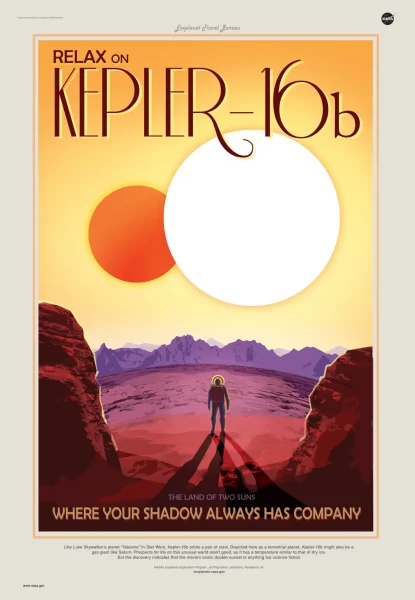
Abstract:
Astrobiology is the broad, interdisciplinary field that tackles the centuries-old question of whether life exists in other worlds, articulating studies on the origin and distribution of life in the cosmos. As a science, it was institutionalized with a strong emphasis in communicating its goals and results in the public sphere, from where it gets substantial support. Its public support and funding depend partially on the effective communication of its results. However, unwarranted speculations and misrepresentations of astrobiology-related research in the public discourse are not uncommon. In the last few decades, the data gathered in the robotic exploration of the Solar System and the detection and characterization of exoplanets have been frequently represented in the public sphere as promising steps towards the discovery of life beyond Earth, forming a confident, hyped up narrative that points to an almost inevitable positive outcome. Now, with the James Webb Space Telescope, potential detections of biosignatures in the atmospheres of exoplanets are arguably within reach. False alarms would be harmful to the credibility of the whole field, yet the articulation of astrobiology’s research programs and institutions wasn’t met by the science communication ecosystem with proper preparation to effectively deal with the complex and probably uncertain nature of potential life detection results. Also, the current media landscape has not been conductive to the accurate and effective flow of scientific information. Ongoing changes in the mass media ecosystem led to the shrinkage of time and resources available to in depth science reporting, which has been increasingly dependent on content of pre-packaged materials, like press releases. Research institutions that produce these materials also employ PR strategies to elevate their status in the public domain and among their peer competitors, aiming at increasing research funding. Our research project aims to understand more precisely how these factors are impacting the communication of astrobiology by identifying the main points of distortion of information, hype and misrepresentations of its research results in the science communication ecosystem. This presentation will focus on preliminary results from a quantitative content analysis of news stories about astrobiology published in English by internationally relevant newspapers (The New York Times and The Guardian), the corresponding press releases and their respective scientific papers.
Speaker: Dr.Danilo Albergaria (Leiden University, The Netherlands)
Host: Thilina Heenatigala, ELSI.
Date: Wed. 15 May 16:00-17:00 JST
Venue: Mishima Hall, ELSI
